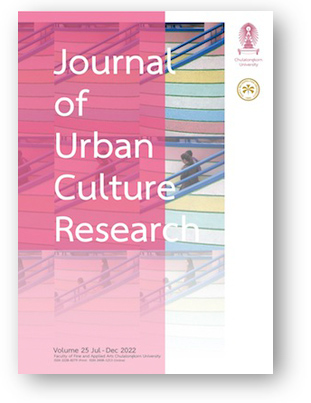AR-sculptures: Issues of Technological Creation, Their Artistic Significance and Uniqueness
DOI:
https://doi.org/10.14456/jucr.2022.19Keywords:
Culture; Augmented Reality; Sculpture; Technology; AR-models; Art; AR-application; REMS ARAbstract
The threat of the Covid-19 epidemic quickly influenced the development of remote working tools using modern IT technologies. This has led to the emergence of a significant number of cultural practices for remote (virtual) use. Among them are experimental attempts to create volumetric virtual models that could be considered sculptures. At the same time, these developments have served the emergence of culturological problems: solving questions of uniqueness, artistic significance of works of this kind. In this regard, this article provides the results of a scientific study of the specifics of creating virtual sculptures, authorship issues and artistic significance of virtual content, identified as a result of an examination of the authoring developments of the AR-application “REMS,” as well as works presented at the exhibition “More than a sculpture.” In the example of the author’s development of content for AR (augmented reality) installations, it turns out that virtual content can significantly change the content and ideological significance of art work. The artistic component of these objects determines their designation as art works, objects of fine art. In this way, the uniqueness and artistic significance of virtual sculptures as three-dimensional graphic objects created using augmented reality technology is confirmed.
Downloads
Published
Versions
- 2023-01-13 (2)
- 2022-12-20 (1)
How to Cite
Issue
Section
License

This work is licensed under a Creative Commons Attribution-NonCommercial-NoDerivatives 4.0 International License.
Authors authorize the JUCR to publish their materials both in print and online while retaining their full individual copyright. The copyright of JUCR volumes is retained by Chulalongkorn University.
The views and opinions expressed herein are those of the individual author(s) and do not necessarily reflect the policies or opinions of the Journal (JUCR), it editors and staff, Chulalongkorn University, or Osaka Metropolitan University.







